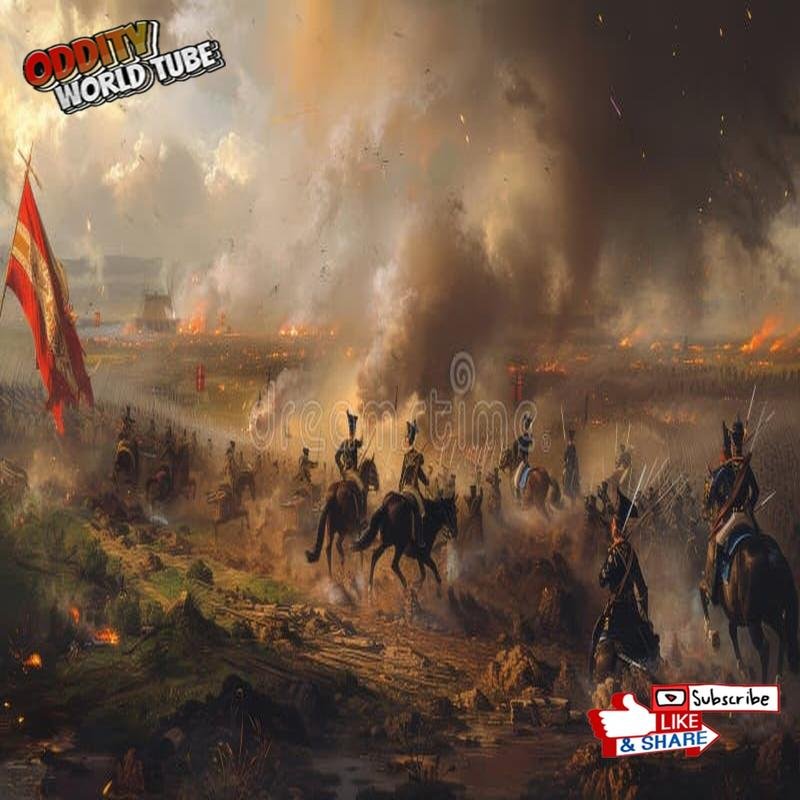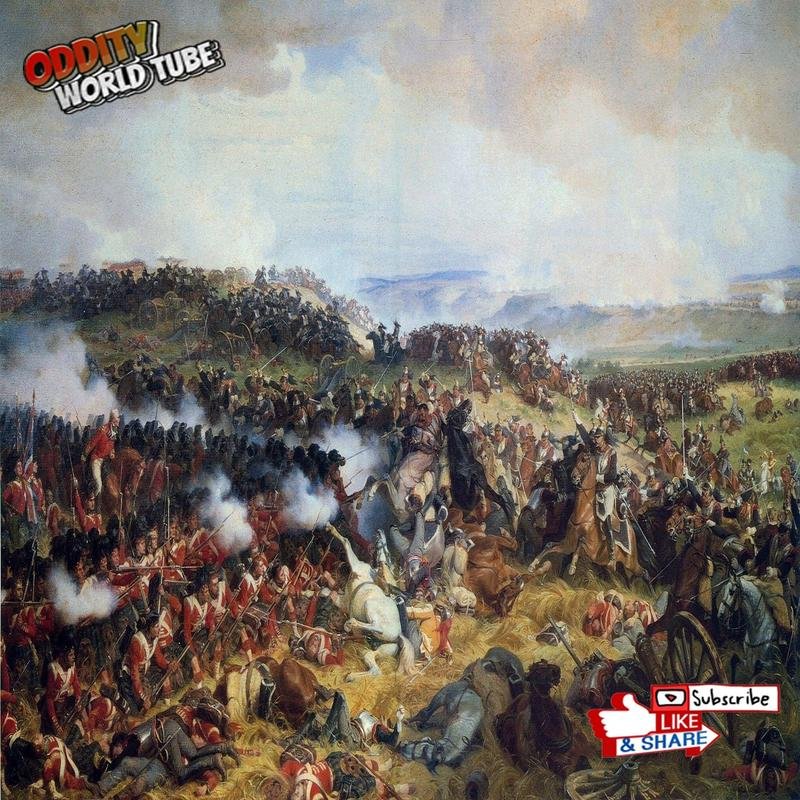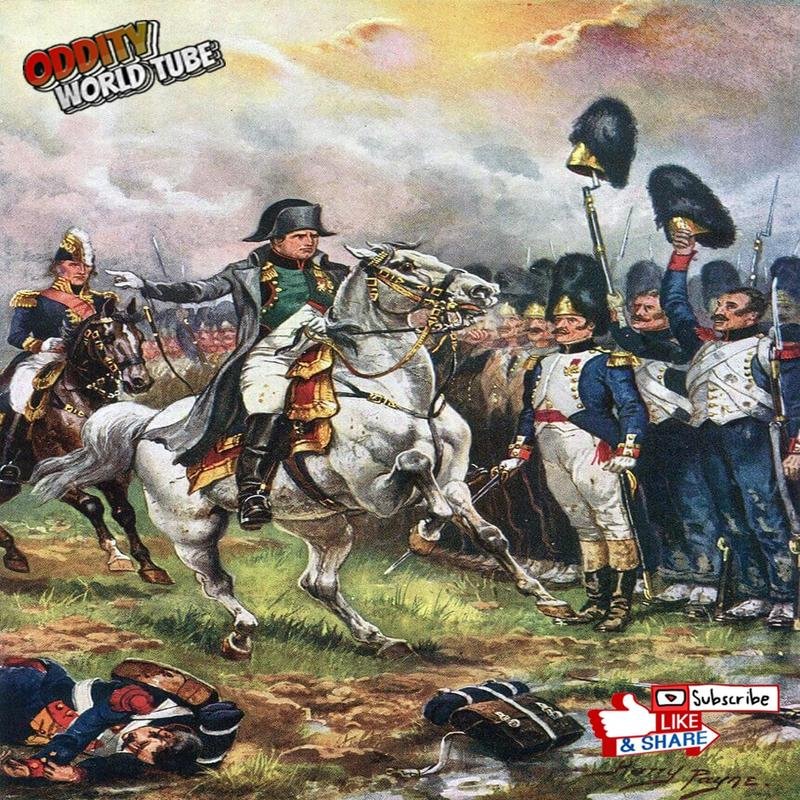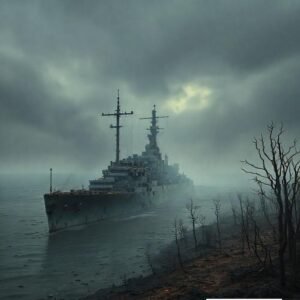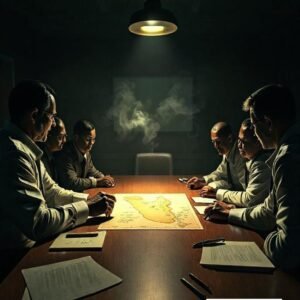The Battle of Waterloo: How Europe Defeated Napoleon and Changed the World
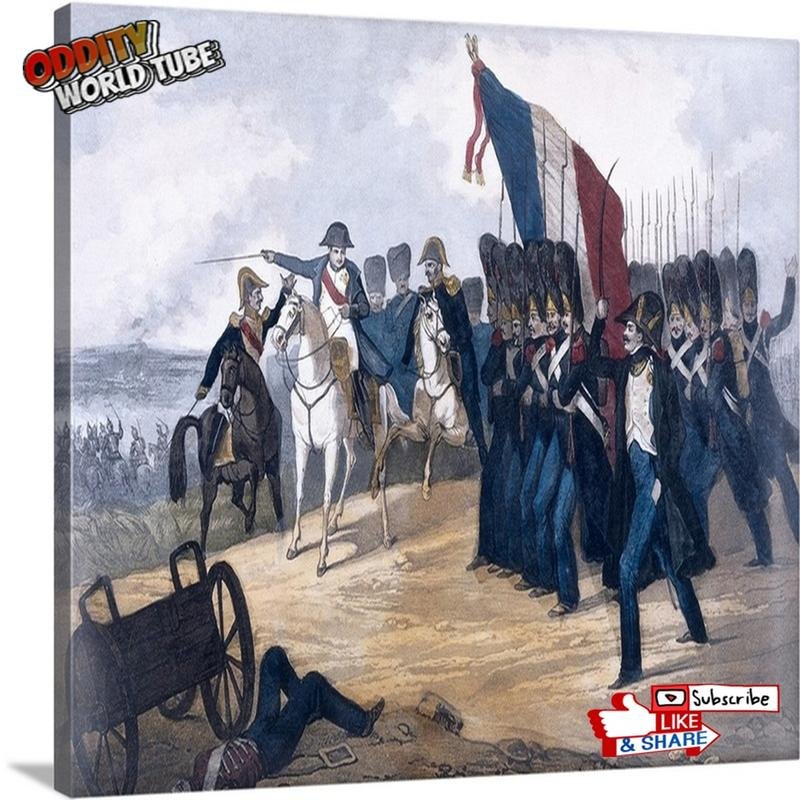
Battle of Waterloo: Napoleon’s Defeat & Global Impact
The year 1815 marked a pivotal juncture in European history, culminating in the decisive Battle of Waterloo. More than a simple military engagement, Waterloo signified the end of the Napoleonic era and fundamentally reshaped the European political landscape.
Napoleon’s Final Stand
The battle represented the final confrontation between Napoleon’s French Empire and the allied forces of Europe, principally Britain under the Duke of Wellington and Prussia under Gebhard Leberecht von Blücher. It unfolded on June 18, 1815, near Waterloo, Belgium.
Napoleon’s Strategy and the Prelude to Waterloo
Napoleon’s return to power in March 1815, following his escape from exile on Elba, prompted alarm among the European powers, who sought to curtail his expansionist ambitions. His strategy relied on defeating the allied armies individually before their consolidation into a larger, more formidable force. He launched his offensive against the Prussians at the Battle of Ligny on June 16th, while simultaneously deploying Marshal Michel Ney to engage the British at Quatre Bras. Despite initial tactical successes, Napoleon failed to secure a decisive victory against either army.
The Battle Unfolds
Waterloo was characterized by severe weather; torrential rain transformed the battlefield into a quagmire, significantly hindering the movement of French artillery and infantry. The main French assault commenced around 11:30 AM with an attack on Hougoumont, a crucial defensive position on the British right flank. The battle raged throughout the day, marked by repeated French assaults on allied positions. The fighting was intense, resulting in substantial casualties on both sides. Repeated French cavalry charges against the British lines failed to breach the defensive squares formed by the British infantry.
The Turning Point
Around 4:00 PM, Napoleon launched a large-scale assault on the center of the British line, employing his Imperial Guard, the elite of the French army. Despite the ferocity of this attack, the British, reinforced by the timely arrival of Prussian reinforcements, repelled the assault, forcing the Imperial Guard into retreat. The arrival of Blücher’s Prussian forces proved a decisive turning point. Beginning to arrive around 4:30 PM, they attacked the French right flank, compelling Napoleon to divert troops from his main lines to counter this threat.
Aftermath and Legacy
With the mounting pressure from the British and Prussians, the French army began to disintegrate. Napoleon ordered a final, desperate attack with his remaining forces, but it proved unsuccessful, and the French troops fled the battlefield. By nightfall, Waterloo had resulted in a resounding French defeat.
Consequences of Defeat
French losses at Waterloo are estimated at approximately 25,000 killed and wounded, plus thousands taken prisoner, while allied casualties numbered around 22,000. The battle marked the definitive end of the Napoleonic era. Napoleon surrendered to the British days later and was exiled to Saint Helena, where he died in 1821.
Waterloo had profound and lasting repercussions for Europe. It concluded the Napoleonic Wars and led to the redrawing of the European map at the Congress of Vienna in 1815. The Congress established a new European power structure, aiming to maintain peace and stability through a balance of power among the major states. The battle also precipitated significant political and social changes in France. The Bourbon monarchy was restored, albeit with the king’s powers significantly curtailed under a new constitution. France subsequently experienced a period of relative stability under Louis XVIII and his successors.
The Battle of Waterloo remains a landmark event in European history, concluding the Napoleonic Wars and fundamentally altering the continent’s political and social order. It continues to be studied and analyzed as a case study in the interplay of leadership, strategic planning, and environmental factors in determining military outcomes. It serves as a testament to the enduring nature of human conflict and the transformative power of historical events. Waterloo significantly impacted the European power balance, leading to Britain’s ascendance as a global power and enhancing Prussia’s status as a major military force in Central Europe. The boundaries of European states were largely redefined at the Congress of Vienna, laying the groundwork for the 19th-century European map. The years following Waterloo witnessed a period of relative peace in Europe, despite internal conflicts and unrest. European powers successfully maintained the balance of power established at Vienna, contributing to continental stability. The Battle of Waterloo remains a subject of ongoing scholarly inquiry, as historians and researchers continue to analyze the reasons for the French defeat and the battle’s long-term consequences for Europe and the world. It serves as a classic example of the multifaceted factors influencing the outcomes of wars, including leadership, planning, weather, and chance.
